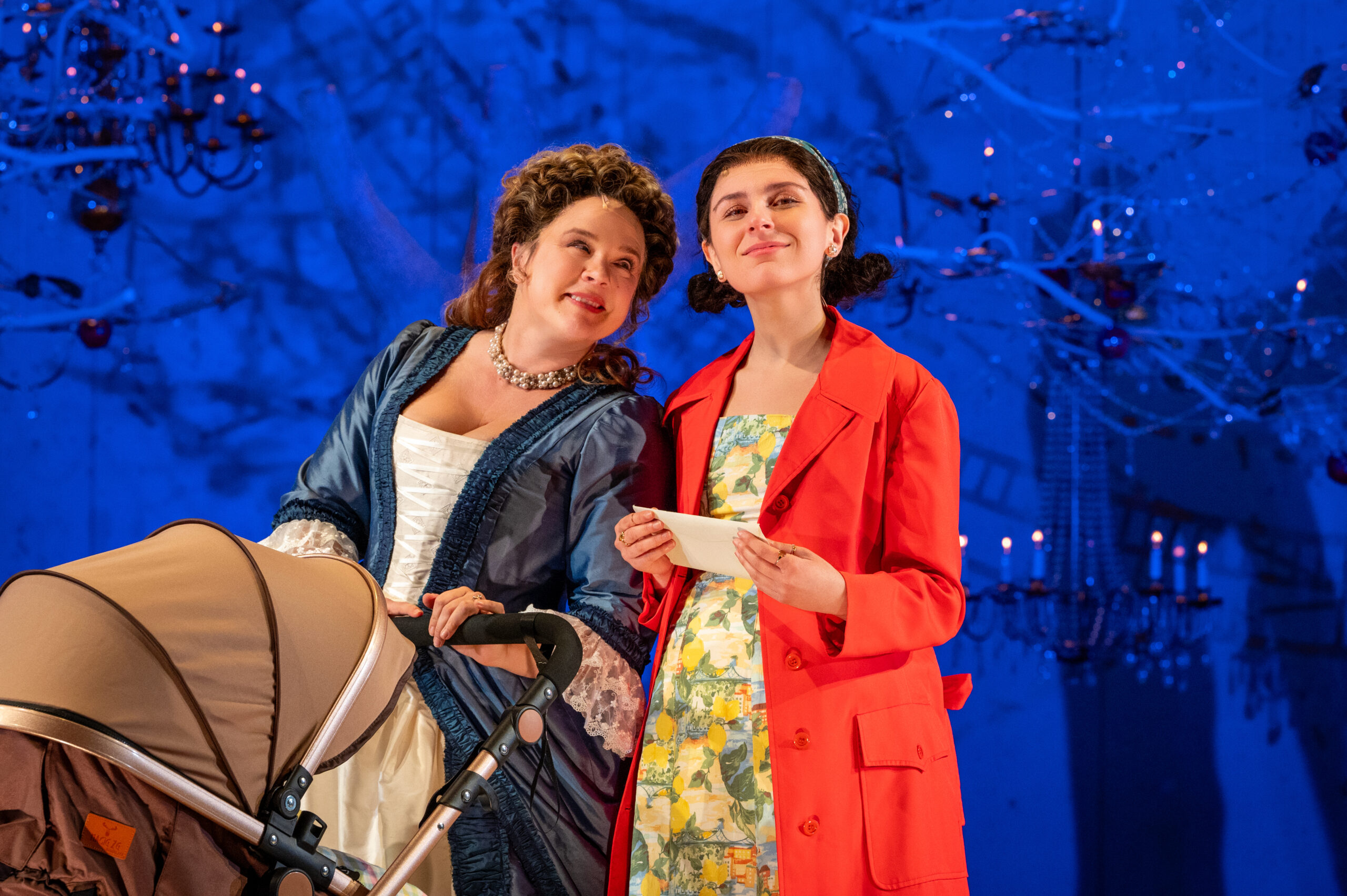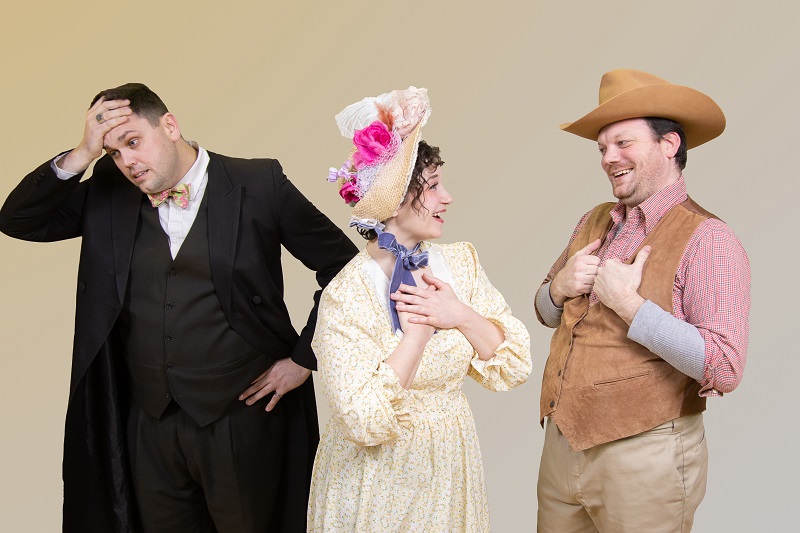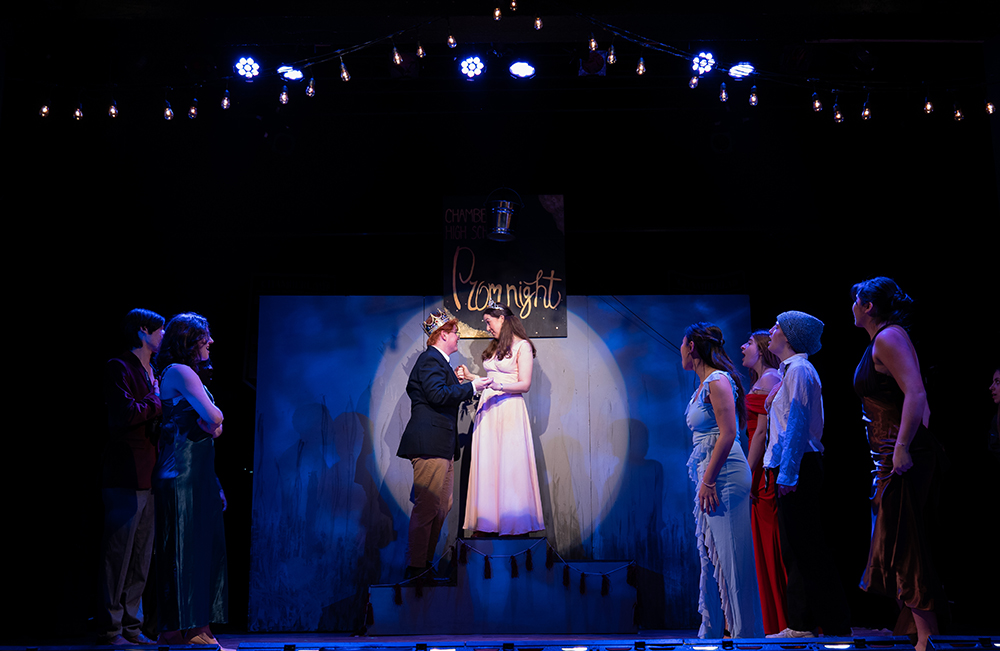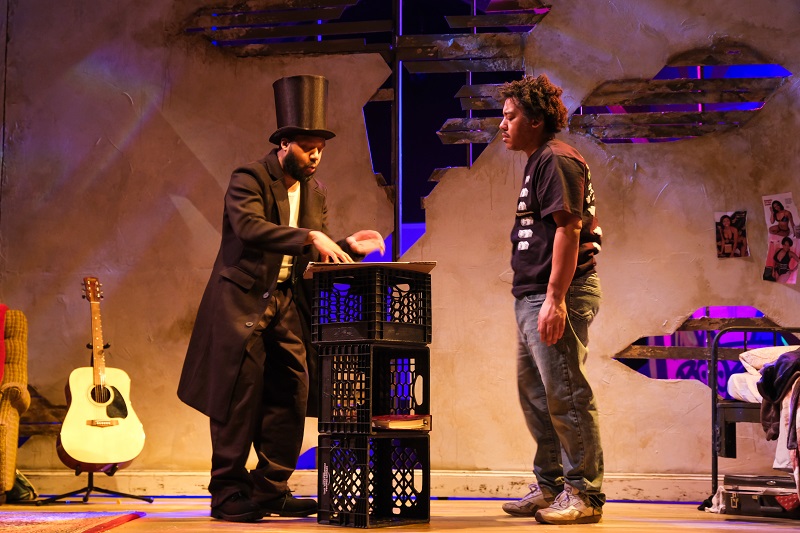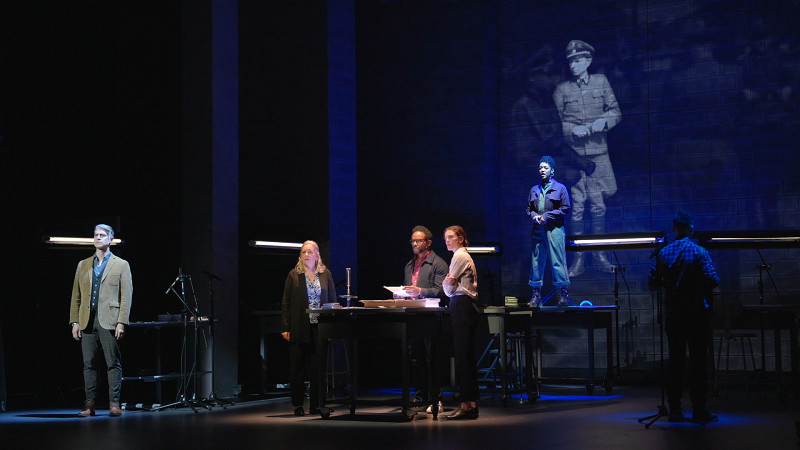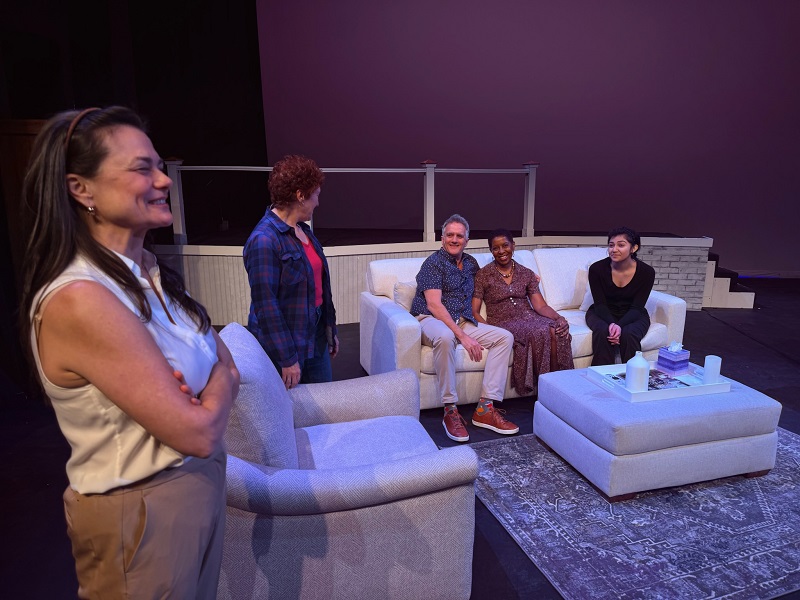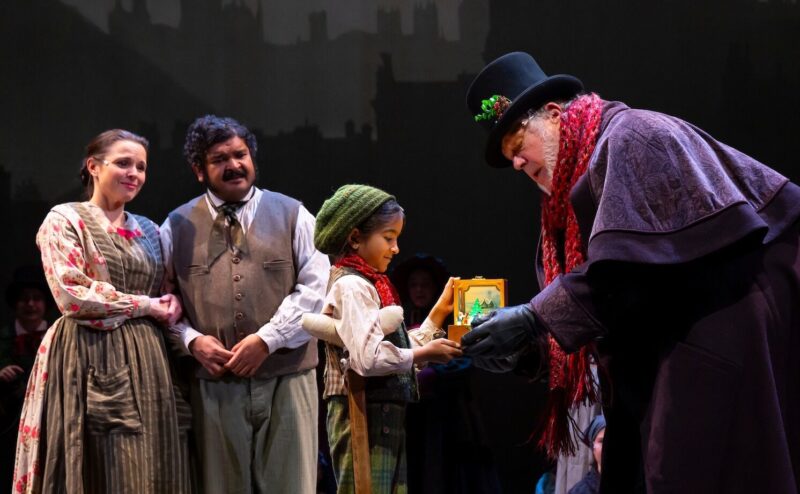By Nancy Plum
Not many performing ensembles have the capability to reinvent themselves. Voices Chorale NJ was founded in the late 1980s as a fully professional vocal ensemble, later adding a “Chorale” to include volunteer singers. The chorus has been through some reconfiguration in the past four decades, both in response to economic challenges and to expand their activities, but one thing that has remained consistent is the dedication of its singers. Voices Chorale NJ currently offers an annual concert series as well as educational programs for the community, all overseen by Artistic Director David A. McConnell. The Chorale presented its closing concert of the season this past weekend, featuring vocal soloists and the Berks Sinfonietta in a performance of a Wolfgang Amadeus Mozart tour de force and a relatively obscure work by a Brazilian contemporary of the Viennese master.
Mozart’s setting of the Requiem stands out as a pinnacle of late 18th-century symphonic choral composition, and even in the pre-technology 1700s, it was clear that the influence of the prodigious composer was felt far and wide. On the other side of the world, sacred music in Brazil at that time was heavily influenced by the mass settings of European composers, especially Mozart. On Saturday afternoon at Princeton’s Trinity Church, Voices Chorale NJ paired Mozart’s poignant Requiem with a setting of the same text by a very under-represented Latin American composer. Born in Rio de Janeiro 11 years after Mozart, José Maurício Nunes García sustained a dual career as musician and priest, composing more than 240 surviving works with another possible 170 which have been lost. Nunes García conducted the Brazilian premiere of Mozart’s Requiem, so the coupling of these two pieces was musicologically appropriate and imaginative. Dating from 1816, Nunes García’s own Requiem is rarely heard on either side of the Atlantic. more


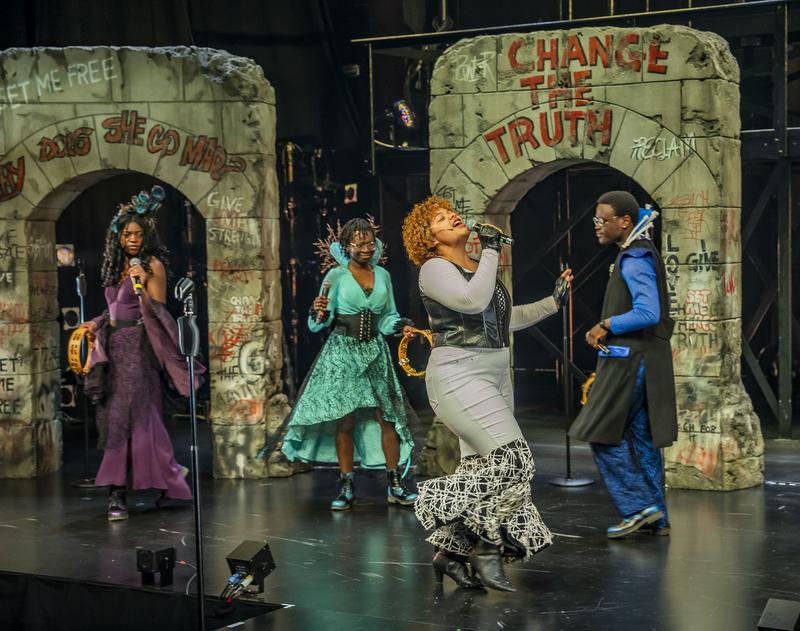
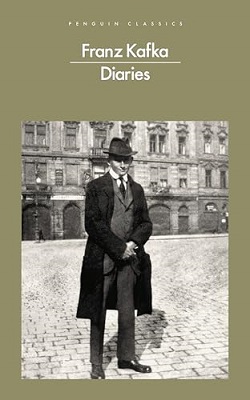 On April 13, the Czech migrant who has been residing at 225 Madison Avenue since November 22, 2024, will be leaving town. I’ve had almost four months to visit the Morgan Library & Museum’s exhibit commemorating Franz Kafka’s June 3, 1924 death and yet here I sit in my study with a copy of Diaries 1910-1923 open to a facsimile of the undated first page, which begins with a single sentence: “The onlookers go rigid when the train goes past.”
On April 13, the Czech migrant who has been residing at 225 Madison Avenue since November 22, 2024, will be leaving town. I’ve had almost four months to visit the Morgan Library & Museum’s exhibit commemorating Franz Kafka’s June 3, 1924 death and yet here I sit in my study with a copy of Diaries 1910-1923 open to a facsimile of the undated first page, which begins with a single sentence: “The onlookers go rigid when the train goes past.”